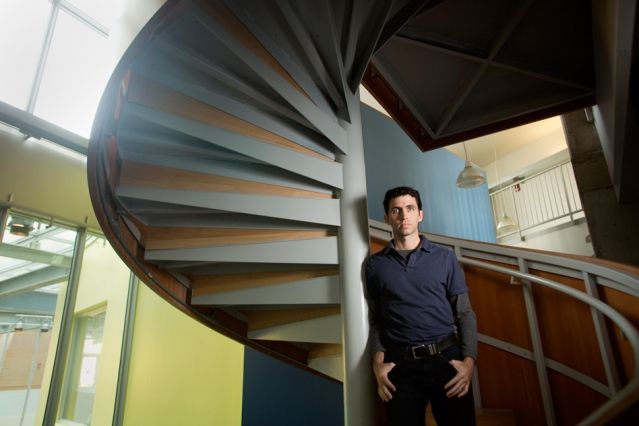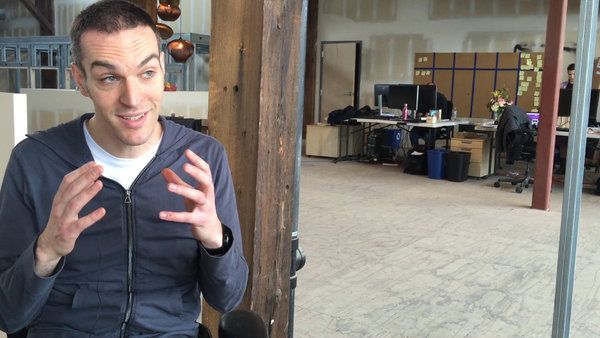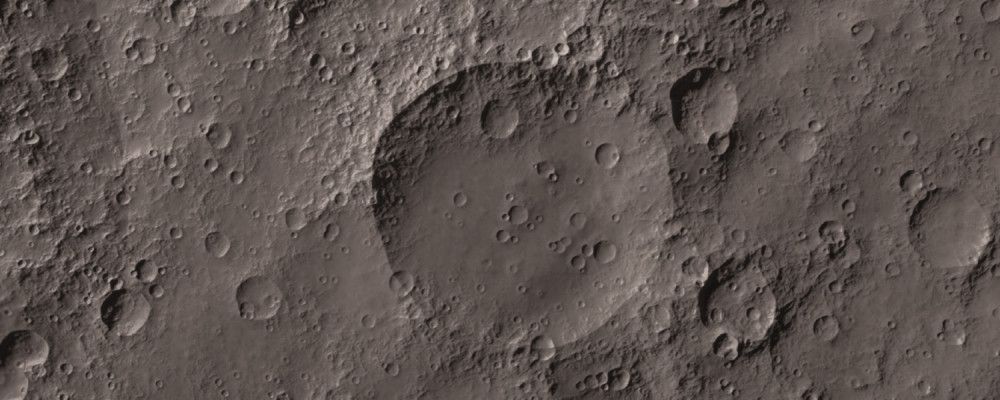Feb 25, 2015
Researchers generate a reference map of the human epigenome
Posted by Seb in categories: DNA, genetics
Helen Knight | MIT News correspondent

The sequencing of the human genome laid the foundation for the study of genetic variation and its links to a wide range of diseases. But the genome itself is only part of the story, as genes can be switched on and off by a range of chemical modifications, known as “epigenetic marks.”
Now, a decade after the human genome was sequenced, the National Institutes of Health’s Roadmap Epigenomics Consortium has created a similar map of the human epigenome.
Read more














